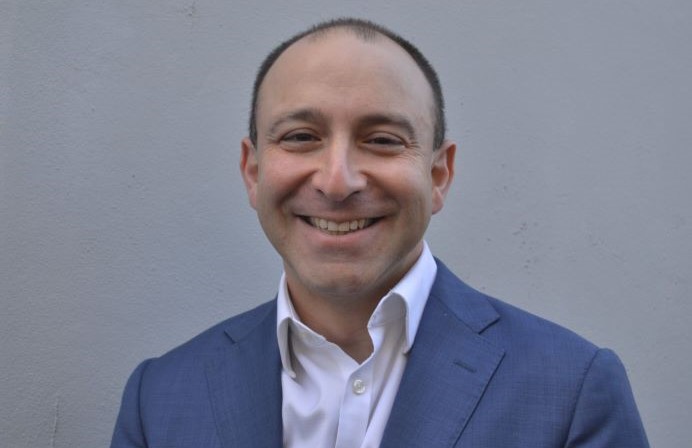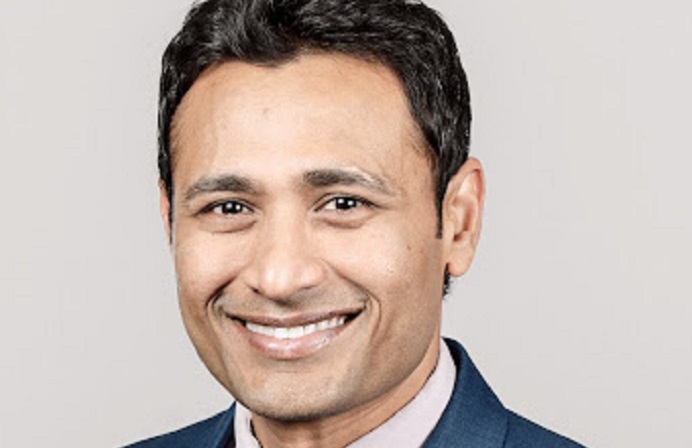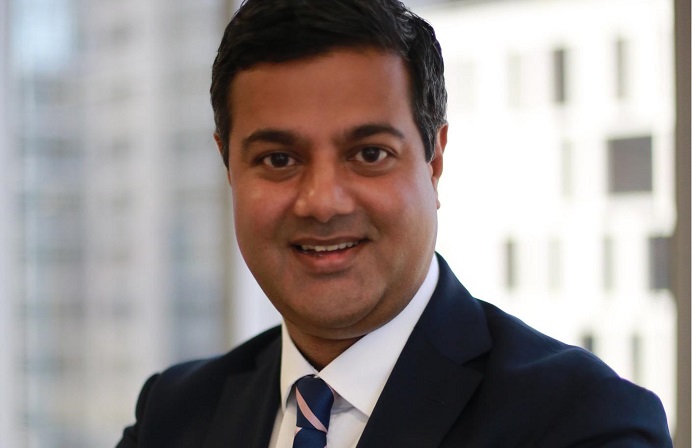
Sainsbury: What are your priorities for the next 12-18 months?
Szymanik: First and foremost our priority is to support our bank systems strategy, but in the short term there is still a pressing need to address compliance demands. This means anti-money laundering, fraud and advanced credit risk reporting. Specific areas my team are concentrating on right now are conceptual architectures for integration and analytic decision making.
Sainsbury: What are some of the technologies on the horizon that you have your eye on to bring value to the banking sector?
Szymanik: As an industry we are commoditising our retail core products, innovating in our channels and along the way, collecting an awful lot of information. In business and commercial, while we are trying to commoditise, we are still seeing customisation to compete. And what is behind that customisation? Rich information; so information consumption and utilisation are critical across retail, business and channels. And so for me the technologies that enable what some people are calling information rich programming are the important thing for the future. Specifically, look at some of the data focussed technologies like R or F# and some of the new exotic database technologies.
Sainsbury: Kiwibank recently released Fetch to help facilitate payments for small businesses. What challenges has this initiative put on your systems, and what customer value has been realised from it?
Szymanik: It has filled a gap in a very convenient way. It is another classic integration project, like so many of our projects are.
Sainsbury: How do you see online channels and physical branches working to complement one another
Szymanik: Physical channels are increasingly about origination, while online is about ongoing interaction. It is a high cost for a small but critical task and I find myself wondering how long this can actually go on. I am curious to see how the introduction of government managed identity assertion systems like New Zealand’s RealMe might alter the status quo. The promise with these is that, once you are part of it, you should be able to complete all future originations online. Then the question is, can online satisfy the sales conversation?
Sainsbury: In your last interview with FST Media, you mentioned the work Kiwibank was doing in moving to real-time transaction fraud monitoring. What are the key achievements and takeaways that have come from that work
Szymanik: Progress has been slow but we are getting there. We have needed to really concentrate on getting the full picture correct. Doing that has been a classic enterprise architecture/solution design task involving people from across many teams. One thing I have been really impressed with is the realisation that there are aspects for which vendor solutions make a lot of sense but there are also openings for clever localised effort that give great gains.
Sainsbury: What have you done to foster a culture of innovation in your team?
Szymanik: Make sure the team are free thinking, smart individuals that do not fall into group think, but can explore an idea and present back to others.
Sainsbury: What advice would you offer to managers that aspire to step into executive roles?
Szymanik: They need to express their ideas and they need to be convincing.
Sainsbury: Every leader, particularly at your level, has a legacy they wish to be remembered for. What is yours
Szymanik: A technology environment – part team, part systems – that is agile and efficient.
Related links:
An interview with John McDermott, Head of IT Banking Strtegy, Kiwibank
An Interview with Peter Fletcher-Dobson, Head of Online Channels, Kiwibank





